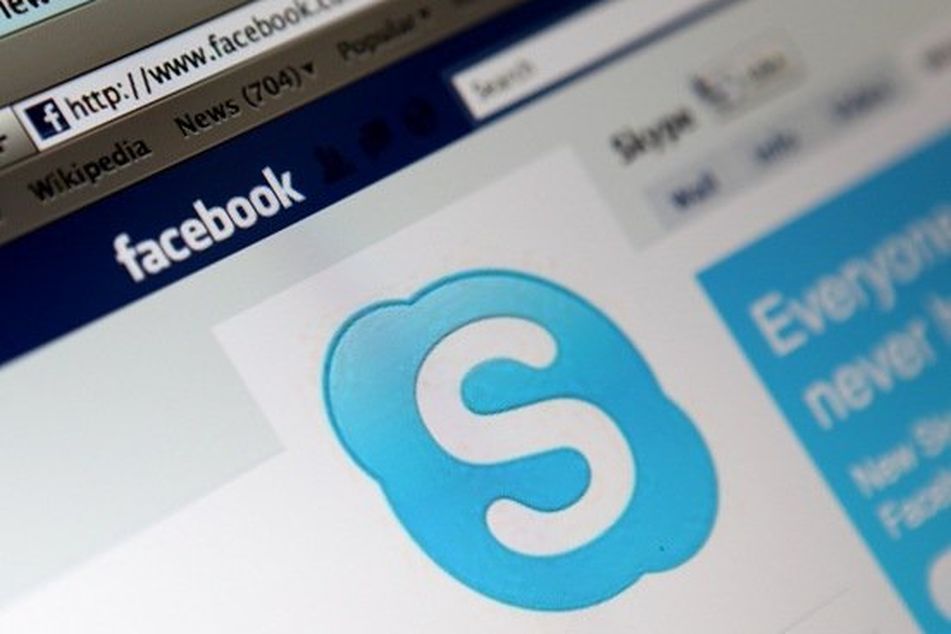Blame game on after Facebook faceplant

Fingers pointed at Morgan Stanley, Nasdaq -- and social networking company's top execs; owners got theirs
Let the Facebook Inc.finger-pointing begin.
After one of the most anticipated initial public offerings in history, Facebook’s 11 percent drop yesterday prompted investors to fault everything from Morgan Stanley’s role as lead underwriter, to the company’s greed and the Nasdaq Stock Market.
“It was like the gang that couldn’t shoot straight,” said Michael Mullaney, who helps manage $9.5 billion as chief investment officer at Fiduciary Trust in Boston. He said he placed Facebook orders for clients. “The underwriters mis-estimated what actual demand was, and there was pure execution failure coming out of the Nasdaq.”
Taking the most heat is Morgan Stanley, said Mullaney. The bank was lead underwriter among the 33 firms Facebook hired to manage the $16 billion sale of stock. The bank decided with Facebook executives to boost the size and price days before the May 17 IPO, ignoring advice from some co-managers, said people with knowledge of the matter, who declined to be identified because the process was private. Morgan Stanley talked with few of its fellow underwriters aside from JPMorgan Chase & Co. and Goldman Sachs Group Inc. throughout the IPO, one person said.
“They overplayed the enthusiasm and probably just misread the atmosphere of the marketplace,” said Keith Wirtz, who oversees $15 billion as chief investment officer at Fifth Third Asset Management in Cincinnati and bought some stock in the IPO.
Blame Game
Facebook increased the number of shares being sold in the IPO by 25 percent last week to 421.2 million and raised its asking price to a range of $34 to $38 from $28 to $35. Had Facebook kept the original terms, investors may have had a better shot at a first-day pop. Instead, the stock was little changed in its debut because Morgan Stanley intervened to prevent it from falling below the IPO price.
At 4:00 ET on Tuesday, shares of Facebook were trading at around $31.
Some investors say they felt misled by the underwriters. According to one London-based fund manager who asked not to be named, bankers indicated demand was so strong that he placed a bigger order than he thought he would get, leaving him with 40 percent more Facebook shares than anticipated. He sold most of that stock on the first day of trading.
The decision to boost the price range reflected the demand in the market, said a person involved in the process. Michael DuVally, a spokesman for Goldman Sachs, and Pen Pendleton, a spokesman for Morgan Stanley, declined to comment. Jennifer Zuccarelli, a spokeswoman for JPMorgan, declined to comment.
Opening Auction
Morgan Stanley and Facebook consider problems with Nasdaq OMX Group Inc.’s computer systems among the reasons for the IPO’s performance so far, according to people familiar with the matter. Nasdaq’s trading platform was overwhelmed by order cancellations and updates that made the stock-market operator unable to finish the auction required to open trading. The U.S. Securities and Exchange Commission said it will review the trading.
Nasdaq Chief Executive Officer Robert Greifeld said on a call with reporters on May 20 about the glitch that the opening delay “had no apparent impact on the stock price,” noting the share decline began after all brokers had received confirmation about their trades in the opening auction. Robert Madden, a spokesman for Nasdaq OMX, declined to comment beyond Greifeld’s statement.
Nasdaq said in a notice yesterday it delivered all outstanding execution and cancellation messages to brokers for their IPO cross orders at 1:50 p.m. Facebook declined 5.9 percent after 1:50 p.m.
‘Mispriced’ Market Value
Facebook CEO Mark Zuckerberg and the early backers should be held accountable for the stock drop, said Francis Gaskins, president of researcher IPOdesktop.com in Marina Del Rey, California. Goldman Sachs, Accel Partners, Digital Sky Technologies and other existing holders boosted the number of IPO shares they offered in Facebook on May 16, a day after the company increased its price range.
“It’s a combination of Zuckerberg’s ego for that $100 billion market cap, and the shareholders selling who wanted an exit,” said Gaskins. “Somehow it just missed them that this was mispriced.”
Larry Yu, a spokesman for Menlo Park, California-based Facebook, declined to comment. Rich Wong, a partner at Palo Alto-based Accel Partners, and Yuri Milner, founder of Digital Sky Technologies in Moscow, didn’t respond to requests for comment.
Paper Into Cash
Facebook Chief Financial Officer David Ebersman was the point person on the deal, while Zuckerberg and Chief Operating Officer Sheryl Sandberg weighed in on major decisions throughout the process, people said. At Morgan Stanley, Dan Simkowitz, chairman of global capital markets, was one of the main bankers on the offering. Michael Grimes, global co-head of technology investment banking at Morgan Stanley, also played a key role.
Underwriters did accomplish part of what they set out to do: turn paper into cash for pre-IPO holders.
“It was successful for the liquidating owners, absolutely, because they got all that and then some,” said Peter Sorrentino, a fund manager who helps oversee $14.7 billion at Huntington Asset Advisors in Cincinnati.
For the investors it was a different story.
“I shame the people who were lining up to buy the thing,” said Sorrentino, whose firm didn’t buy stock in the IPO and tried to talk clients out of purchases. “The financials were there, do the math. Everyone wanted to be caught up in the glamor offering of the year. People just had stars in their eyes.”
–Bloomberg News–
Learn more about reprints and licensing for this article.






